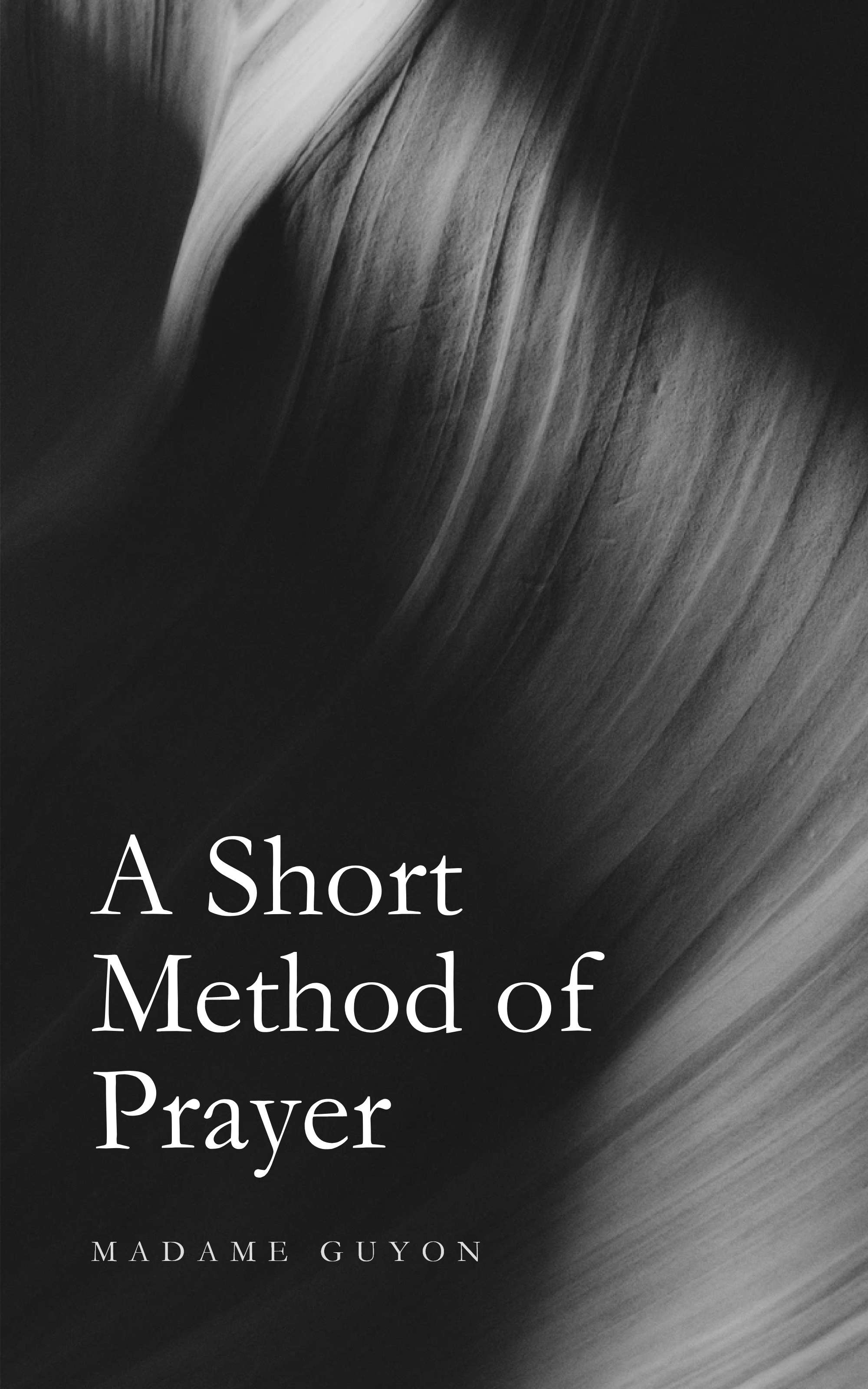
A Short Method of Prayer
Madame Guyon
In this classic book on prayer, Madame Guyon teaches the importance of respectful silence in prayer, seeking God in fidelity in love, patience in prayer, collecting yourself inwardly, and total abandonment of self to God. A Short Method of Prayer reminds us that God wants us to take time with him and let His word penetrate into our hearts through contemplative prayer—silently listening and waiting on God to speak to us.
About Madame Guyon
Jeanne-Marie Bouvier de la Motte-Guyon (commonly known as Madame Guyon) was the daughter of Claude Bouvier, a procurator of the tribunal of Montargis, 110 kilometers south of Paris and 70 kilometers east of Orléans. Of a sensitive and delicate constitution, she was sickly in her childhood and her education was neglected. Her childhood was spent between the convent, and the home of her well–to–do parents, moving nine times in ten years. Guyon's parents were very religious people, and they gave her an especially pious training. Other important impressions from her youth that remained with her came from reading the works of St. Francis de Sales, and from certain nuns, her teachers. Prior to her marriage she had wanted to become a nun, but this desire did not last long.
In 1664, when she was 15 years old, after turning down many other proposals, she was forced into an arranged marriage to a wealthy gentleman of Montargis, Jacques Guyon, aged thirty eight. During her twelve years of marriage, Guyon suffered terribly at the hands of her mother-in-law and maidservant. Adding to her misery were the deaths of her half-sister, followed by her mother, and her son. Her daughter and father then died within days of each other in July 1672. Guyon retained belief in God's perfect plan and that she would be blessed in suffering. She bore another son and daughter shortly before her husband's death in 1676. After twelve years of an unhappy marriage (in which she had borne five children, of whom three had survived), Madame Guyon had become a widow at the age of 28.
Guyon believed that one should pray at all times, and that one should devote all one's time to God. "Prayer is the key of perfection and of sovereign happiness; it is the efficacious means of getting rid of all vices and of acquiring all virtues; for the way to become perfect is to live in the presence of God. He tells us this Himself: 'walk before Me and be blameless' Genesis 17:1. Prayer alone can bring you into His presence, and keep you there continually." As she wrote in one of her poems: "There was a period when I chose a time and place for prayer...But now I seek that constant prayer, in inward stillness known..."
Murray was sent to the University of Aberdeen in Scotland for his initial education, together with his elder brother, John. Both remained there until they obtained their master's degrees in 1845. From there, they both went to the University of Utrecht where they studied theology. The two brothers became members of Het Réveil, a religious revival movement opposed to the rationalism which was in vogue in the Netherlands at that time. Both brothers were ordained by the Hague Committee of the Dutch Reformed Church on 9 May 1848 and returned to the Cape.
In 1704, her works were published in the Netherlands, becoming very popular. Many English and Germans visited her at Blois, among them Johann Wettstein and Lord Forbes. She spent the remainder of her life in retirement with her daughter, the Marquise de Bois, at Blois, where she died at the age of 69, believing that she had died submissive to the Catholic Church, from which she had never had any intention of separating herself.
Biographical text taken from Wikipedia